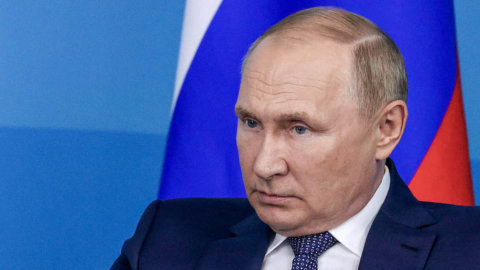Already a few months ago the Brazilian finance minister, Guido Mantega, had spoken of a 'currency war'. Listening to the suffering of Brazilian producers (and there are also many Italian companies that have interests in Brazil), oppressed by the rapid appreciation (nominal and real) of the exchange rate, the government had introduced taxes on capital inputs, and now these disincentives have been extended (they affect loans of up to three years). The minister blames the (too) strong exchange rate of the real on expansionary monetary policies in America and Europe: the liquidity thus created flows around the world and is invested in growing countries with attractive interest rates.
However, these two characteristics – growth and high rates – mean that disincentives by themselves will not have much effect. Interest rates in Brazil have always been high – today rates on 10-year bonds are close to 11% with inflation at 6% – and they can only attract capital in search of an author. Why are real interest rates so high in Brazil? Even a recent study by the Monetary Fund declares itself perplexed as to the reasons for this elevation, and ends up attributing it, tentatively, to the segmentation of the credit market.
Read the news on Financial Times





